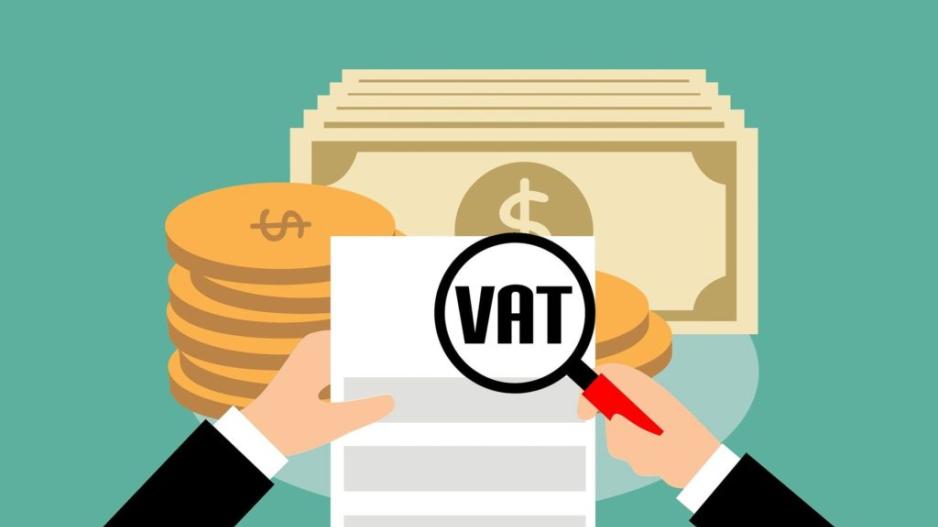House of Representatives' VAT Laws on Petroleum and Electricity Struck Down by Supreme Court
The Supreme Court deems as unconstitutional the laws passed by the Parliament concerning VAT on petroleum products and electricity. Specifically, it states that, in both cases, the House of Representatives intervened in the authority of the executive branch to regulate the flow of state revenues and, by extension, ensure fiscal balance.
According to a statement by the Legal Service, the laws in question refer to the VAT exemption on the special consumption tax imposed on petroleum products until the end of 2022, and the zero VAT rate imposition on the adjustment of fuel prices embedded in the electricity bills of the Cyprus Electricity Authority until the end of 2022. It should be noted that both laws were deemed unconstitutional following two Referrals by the President of the Republic to the Supreme Court.
The Legal Service explains that the first law, titled "Value Added Tax (Amendment) (No.2) Law of 2022," passed by the Parliament, provided for the non-inclusion of the special consumption tax in the value of petroleum product deliveries subject to VAT.
Furthermore, with the second law titled "Value Added Tax (Amendment) (No.3) Law of 2022," the Parliament amended the Sixth Annex of the Value Added Tax Law of 2000 to impose a zero VAT rate on the embedded part of the final electricity supply bills relating to the adjustment of fuel prices. This includes the cost percentage of greenhouse gas emission rights, the cost of fuel procurement, and the cost of strategic stock maintenance.

It is noteworthy that the Supreme Court, in both Referrals, concluded that the House of Representatives, through the adoption of legislative proposals, interfered with the authority of the executive branch to regulate the flow of state revenues and, consequently, ensure fiscal balance.
Specifically, the Supreme Court agreed in both Referrals with the position of the Attorney General of the Republic that the exercise of fiscal policy and the guarantee of a balanced budget are determined by the executive branch, with the aim of implementing the legal obligations of the Republic of Cyprus as a member state of the European Union.
"The fact that such exercise of fiscal policy, after the approval of the Budget by the House of Representatives, falls within the competence of the executive branch, derives both from the nature of the power and from the legislative provisions of the Law on Fiscal Responsibility and Fiscal Framework, which transpose the obligations of the Republic of Cyprus as arising from the EU Directive on requirements for the fiscal frameworks of member states," notes the Legal Service.
The Legal Service concludes that in the Referral regarding the zero VAT rate on electricity, the Supreme Court ruled that the Principle of Separation of Powers is violated by the fact that the Value Added Tax Law of 2000 designates the Council of Ministers as competent to amend the Sixth Annex. As a result, the law under Referral openly infringes on the authority of the executive branch.






